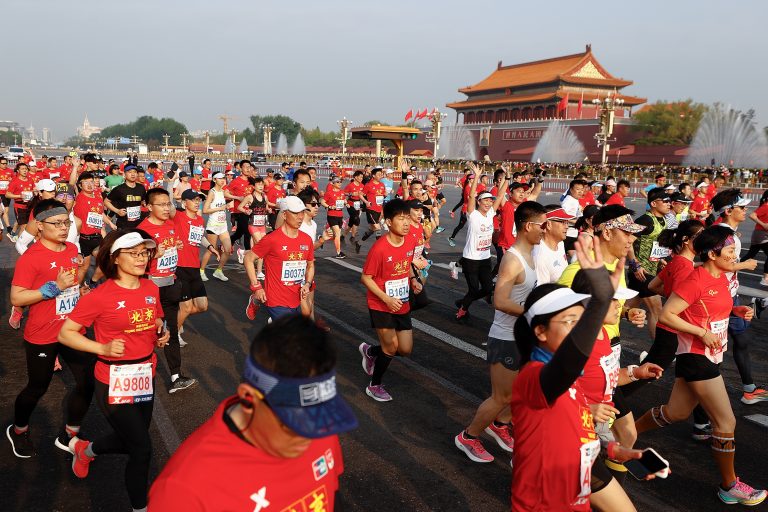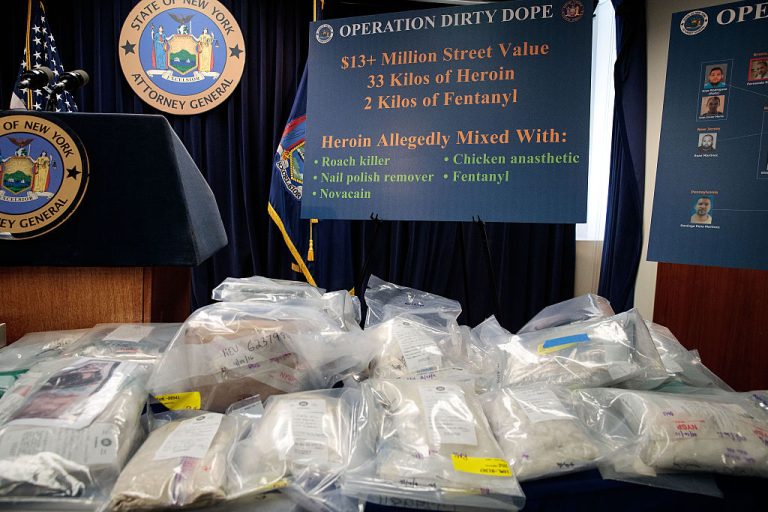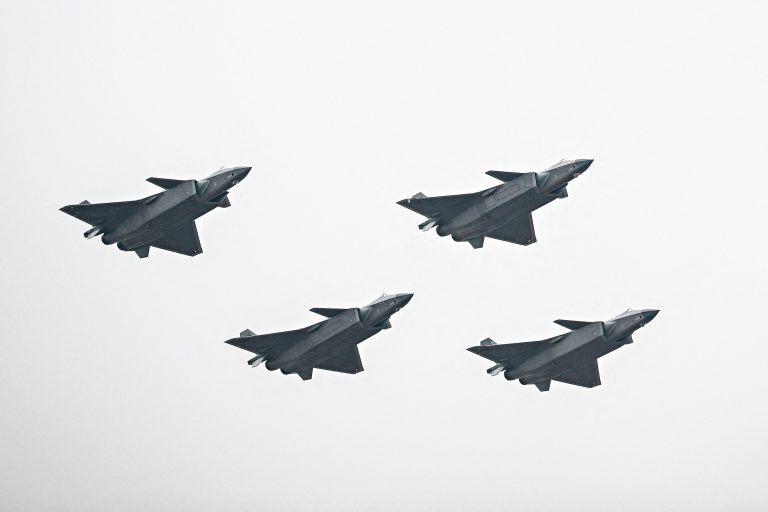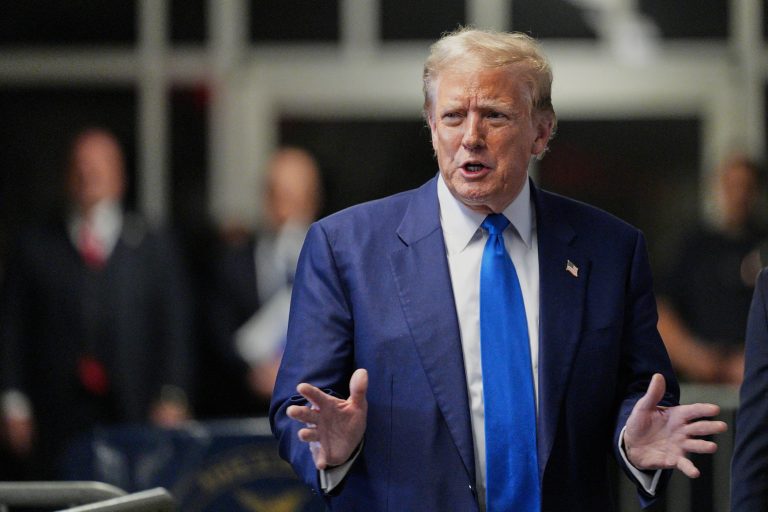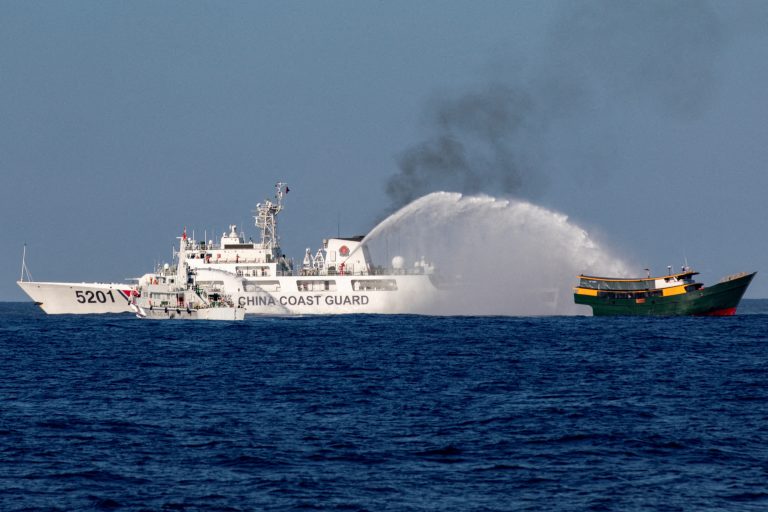In an attempt to contain a new surge in COVID-19 cases, government officials in Beijing announced on Oct. 24 that the upcoming Beijing Marathon will be postponed until further notice.
The Beijing Marathon is one of China’s major sporting events. It has been held annually since 1981 except for last year due to the pandemic. The event was scheduled to take place on Oct. 31 with around 30,000 people expected to participate.
Traditionally, the race commences at Tiananmen Square before winding up at Celebration Square in Beijing’s Olympic Park. Organizers of the marathon said they were canceling the event “in order to prevent the risk of the epidemic spreading [and] effectively protect the health and safety of the majority of runners, staff, and residents.”
Just a few days ago, a marathon in the central Chinese city of Wuhan was canceled due to the risk posed by the COVID-19 pandemic. Around 26,000 participants were expected at the Wuhan event, taking part in a full marathon and a half marathon. The decision to put off both the events comes with less than 100 days until the Beijing Winter Olympics, which are scheduled to commence on Feb. 4.
In the latest wave of infections China has reported more than 133 cases across 11 provinces so far. Health officials have identified the highly transmissible Delta variant as being responsible for the recent spike in cases. The latest rise is said to be the biggest outbreak the country has witnessed since an outbreak in Nanjing in August of this year.
Success
You are now signed up for our newsletter
Success
Check your email to complete sign up
On Oct. 25, Chinese government health officials reported 39 new cases of COVID-19, with 35 of them being local. Officials warned that the cases are likely to rise in coming days and blamed a group of Chinese tourists for the recent outbreak. The tourists are said to have contracted the virus from foreign sources in Mongolia.
However, the majority of the COVID-19 cases can be attributed to domestic tourists. “According to a senior health official, over 100 infections in the current outbreak were linked to holidaymakers, including those who had gone on a self-driving holiday,” The Straits Times reported.
Infections have been reported in the capital city of Beijing. Some have raised concerns about China’s capability of maintaining its zero-tolerance approach to the virus. Authorities have attempted to restrict the spread of the virus by imposing targeted lockdowns, conducting mass testing of residents, along with other measures.
Officials have banned tour operators from conducting inter-provincial tours to affected areas. In Beijing, people with a travel history to affected counties will not be allowed into the city. Bus and taxi services have been suspended in some of the cities, including in Gansu’s provincial capital of Lanzhou and parts of Inner Mongolia. In some regions, tourist sites have been closed.



